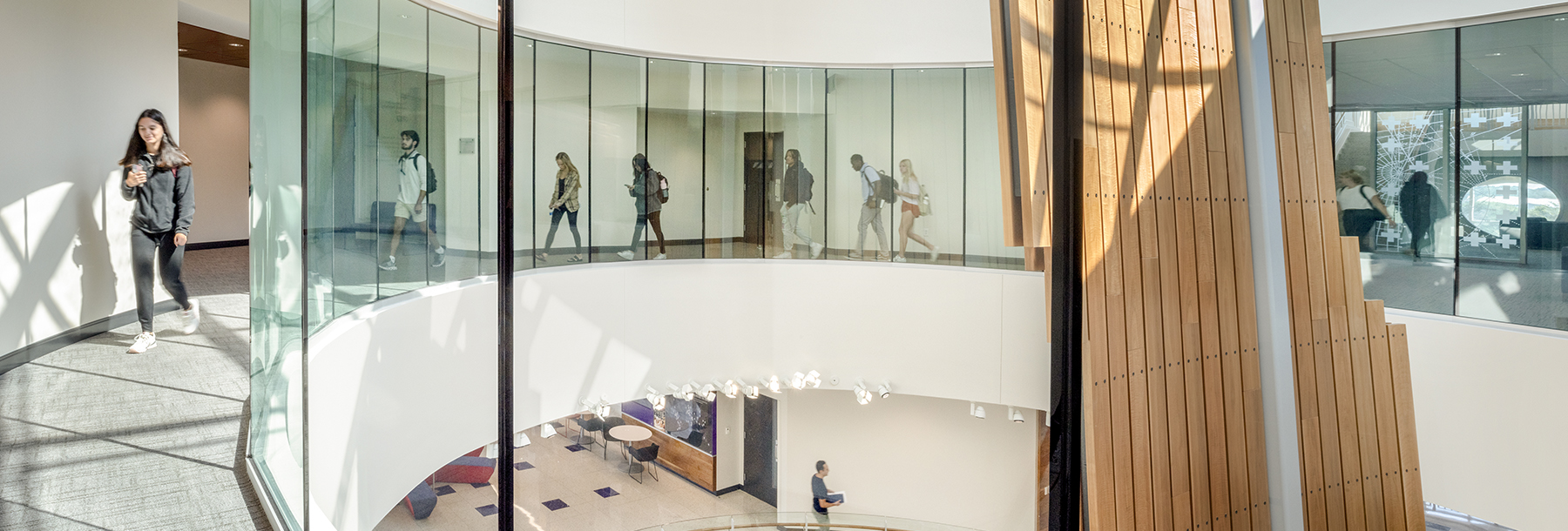TCU Neeley Research Highlight – Combining leadership experience, Neeley Faculty influence industry and academic leaders through findings.
July 31, 2023
TCU Neeley School of Business professor of strategy, Ryan Krause, collaborated with former Neeley associate professor of strategy, Joseph Harrison, Matthew A. Josefy, and Matias Kalm, to study the use of machine learning to automate the conversion of complex text into data, reducing the time and resources needed for manual coding. By applying this method to analyze board leadership in over 22,000 company filings, the research demonstrates how it can facilitate larger-scale studies examining relationships between board structure, firm performance, and CEO dismissal. (Strategic Management Journal, 2023).
Abstract
Research Summary
Human coding of unstructured text can enable scholars to measure complex latent constructs for use in empirical analysis, but also requires substantial time and resources that limit the number and sample sizes of studies using this approach. We demonstrate how supervised machine learning (ML) can overcome these constraints by allowing scholars to scale human-coded data. Using board leadership as an illustrative context, we apply this method to create a large-scale dataset (N = 22,388) from smaller scale human codings of CEO duality and board chair orientations from company proxy statements. We further demonstrate the potential value of this approach by using the resulting dataset to examine the relationships among board leadership, firm performance, and CEO dismissal. The ML code and dataset are available at 10.5281/zenodo.7304697.
Managerial Summary
Manually converting unstructured text into usable data requires considerable time and resources. This article outlines a replicable process for applying supervised machine learning (ML) to overcome these constraints by scaling manually coded data. While ML is often used to identify patterns or predict relationships within a given dataset, we show how scholars and practitioners can build valuable custom algorithms at an earlier stage in the process—when first building a dataset. We illustrate this approach by training ML algorithms to replicate human codings of CEO duality and board chair control and collaboration orientations from over 22,000 company filings. We then show how this approach can support new knowledge development by using these data to explore the relationships among board leadership, company performance, and CEO dismissal.

